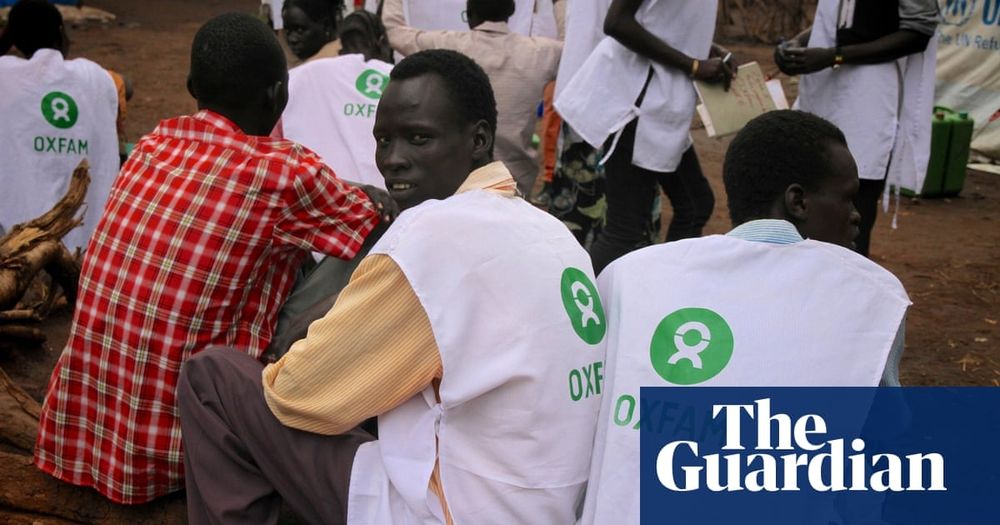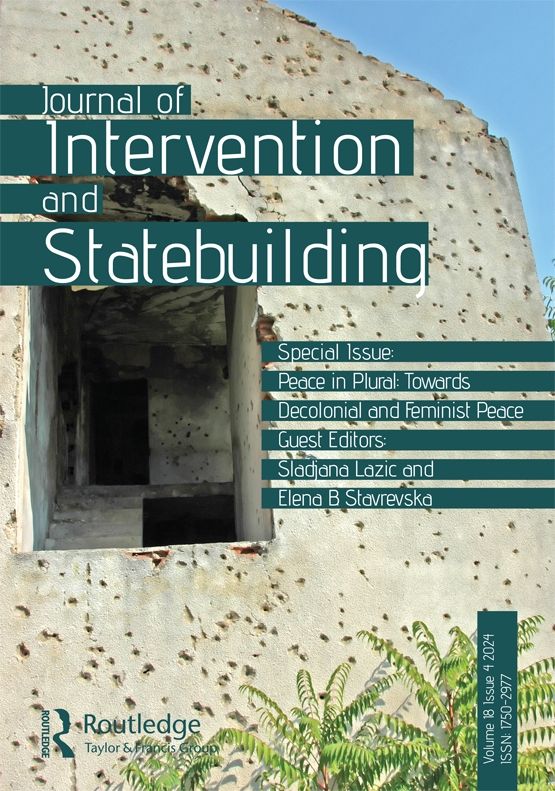Alistair Markland
@asmarkland.bsky.social
140 followers
140 following
15 posts
Researcher and Teacher of International Relations at Oxford Brookes. Specialise in humanitarianism, human rights, ontosec and practice theory. Views my own.
Posts
Media
Videos
Starter Packs
Alistair Markland
@asmarkland.bsky.social
· Jul 22
Alistair Markland
@asmarkland.bsky.social
· Jul 22
Alistair Markland
@asmarkland.bsky.social
· Jul 22
Alistair Markland
@asmarkland.bsky.social
· Jan 25
Alistair Markland
@asmarkland.bsky.social
· Jan 21
Alistair Markland
@asmarkland.bsky.social
· Jan 21
Alistair Markland
@asmarkland.bsky.social
· Jan 21
Alistair Markland
@asmarkland.bsky.social
· Jan 13

‘It’s about solidarity, not charity’: the Oxfam chief seeking to decolonise the aid sector
Halima Begum outlines her vision for what she sees as a ‘broken model’, with more power over spending given directly to the affected communities
www.theguardian.com
Alistair Markland
@asmarkland.bsky.social
· Nov 21
Alistair Markland
@asmarkland.bsky.social
· Nov 21
Alistair Markland
@asmarkland.bsky.social
· Nov 21
Alistair Markland
@asmarkland.bsky.social
· Nov 21
Alistair Markland
@asmarkland.bsky.social
· Nov 21

When Aidland Becomes Absurdland: Existential Anxieties in Contemporary Humanitarian Practice
Transnational humanitarianism is a deeply meaningful form of labour, defined by moral purity and sensorial intensity. However, the systems of meaning that underpin humanitarian work are frequently ...
www.tandfonline.com

